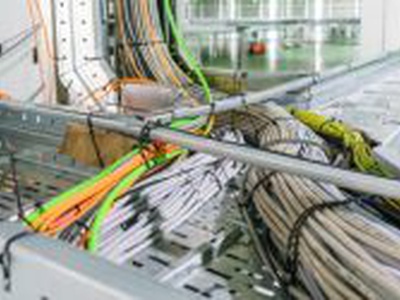
Whitepapers
MODERNIZING THE CABLE SERVICE DELIVERY INFRASTRUCTURE
Market forces and the insatiable demand for bandwidth, both upstream and downstream, are driving cable operators to modernize their network infrastructure and operations. Many technologies and operational improvements are available to them in the short and longer term to support this end.Operators today are increasing the average capacity per subscriber by reducing the size of their service groups whenever they pull fiber closer to the subscriber. Operators are also expanding the total capacity offered within their networks by increasing the width of the useable RF spectrum inside their HFC plants. In addition, they are looking to replace analog fiber with digital fiber for better transmission characteristics and better reliability. Some operators are also planning to consolidate their headends and hubs to reduce operational complexity and cost. At the same time, technological innovation is providing new directions, of which some of the most impactful are the Distributed Access Architecture (DAA), Virtualization, Full Duplex DOCSIS, and Extended Spectrum DOCSIS.
The DAA presents two options: moving the PHY layer to the node in the access network (Remote PHY or R-PHY or RPD) or moving both the PHY and MAC to the node (Remove MACPHY or R-MACPHY or RMD). Each option has advantages and tradeoffs.
You might like similar whitepapers


THE POWER OF DIFFERENTIATION: BUILDING BROADBAND FOR 2021 AND BEYOND

The Economic Benefits of a Super-Converged Multi-Access Edge Network

The TCO Benefits of Dell’s Next-Generation Telco Servers

Propelling Operators to L3 Operations Autonomy and Beyond with Huawei ADN

AUTONOMOUS NETWORKS: NOW IS THE TIME
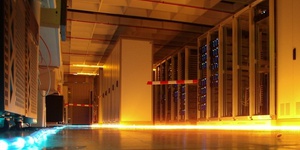
Lenovo: Data Center Switch Solutions for Enterprise Data Centers

Virtualization Journey: Cable Companies Are on Their Way

THE ECONOMIC BENEFITS OF IP TRANSPORT AT 400G

Delivering Policy Continuity at Scale in Cloud IT and Managed Network Services

Disruption Propelling Massive Changes in Video Market

Tunnel-Based versus Tunnel-Free SD-WAN

The Economic Benefits of Automating Capacity Optimization in IP Networks

Broadband Access Transformation
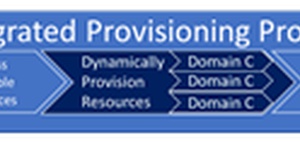
Hybrid Networks: Integrated Provisioning for Virtual and Physical Networks

Nuage/ALU on the VNS Solution in an SP Context

Next-Generation Cloud Metro Network Requirements and Architectures

AUTOMATING 5G ACCESS DEPLOYMENTS

Simplifying IP Networks

The Economic Benefits of Distributed Broadband Services
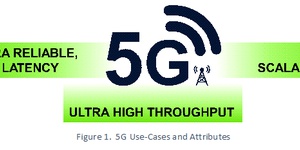
TCO Benefits of Converged 5G Ready IP Transport

5G Service Assurance: The Case for AIOps

Building Open, Scalable Service Delivery Infrastructures

Key CommSoft Learnings from #MWC19

The TCO Benefits of Distributed Broadband Services with CUPS

Global Pricing for SD-WAN

Middle-Mile Networks Capacity Requirements for Fixed Broadband

The Evolution of Broadband Traffic: A Forecast for the Americas, EMEA, and APAC Regions

INTRODUCING xHAUL REWRITING THE PLAYBOOK FOR TRANSPORT NETWORKING IN THE RAN IN 5G

Accelerating Revenue and Innovation in CSPs' Distributed Clouds

The Driving Factors behind the Telecommunications Shift to Cloud Metro Networks

MODERNIZING THE CABLE SERVICE DELIVERY INFRASTRUCTURE

Huawei Autonomous Driving Network: Standards-Based but Differentiated

The Economic Benefits of the Ciena Virtualized Edge Solution

The Economic Benefits of Virtual Edge Services

Always On, Active Analytics and AI for Superior Performance in Digitally Powered Enterprises

Huawei ADN Solution Approach to Implementing Autonomous Networks

Comparing Broadband Network Architectures in the Evolving Connectivity Landscape

THE BUSINESS CASE FOR ADAPTIVE IP

Understanding VRAN

Maximizing Efficiency Using Standards-Based, Model-Driven Infrastructures in NFV Deployments

An Approach to Offering Profitable Managed Network Services

A TCO Comparison of Private WANs vs Managed Network Services for Enterprises

Orchestrating Dynamic Enterprise Services
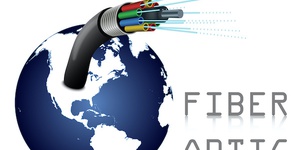
Coriant’s Multi-Sided Platform Partner Program: Market Impact Report

Mitigating Market Challenges in Telecommunications


